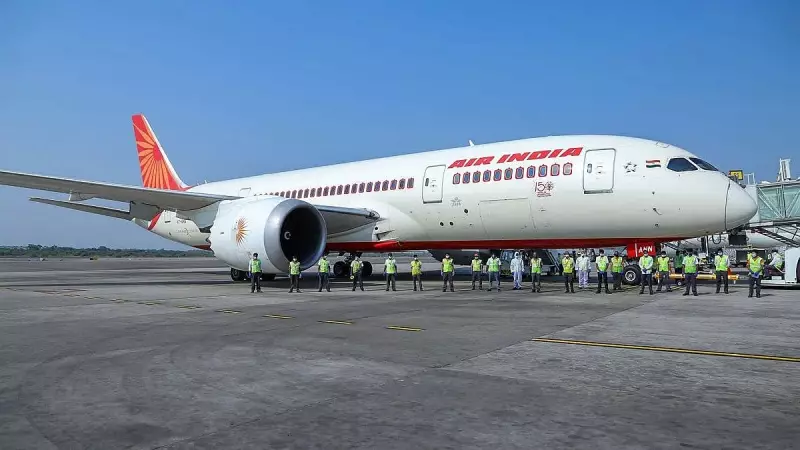
Air India has initiated an unexpected lobbying effort to secure flying rights over China's northwestern Xinjiang region, according to recent reports. This development comes at a time when the airline is grappling with mounting financial challenges.
Timing Raises Eyebrows
The unusual request emerges just weeks after direct air connectivity between India and China resumed operations. Direct flights between the two nations had been suspended for nearly five years following the Himalayan border clash that severely strained diplomatic relations.
Reuters broke the story on November 19, 2025, highlighting the strategic nature of this airspace request. The timing is particularly noteworthy given the recent thaw in aviation relations between the two Asian giants.
Financial Pressures Mount
Air India's pursuit of more efficient flight routes over Chinese territory appears driven by significant economic considerations. Utilizing Xinjiang airspace could substantially reduce flight times and fuel costs for routes to destinations in East Asia and North America.
The airline industry globally has been facing economic headwinds, and Air India's specific financial woes have been well-documented. Access to shorter routes represents a potential lifeline for improving operational efficiency and bottom-line performance.
Geopolitical Context
The resumption of direct India-China flights in late 2025 marked a significant step toward normalizing relations after the prolonged hiatus. However, the request for Xinjiang airspace access introduces a new diplomatic dimension to the evolving relationship between New Delhi and Beijing.
Xinjiang airspace has been a sensitive topic in international aviation due to various geopolitical considerations. Air India's lobbying effort demonstrates the complex balance between economic necessities and diplomatic realities.
Industry analysts suggest that approval of this request could signal further warming of relations, while rejection might indicate lingering tensions beneath the surface of resumed flight operations.






